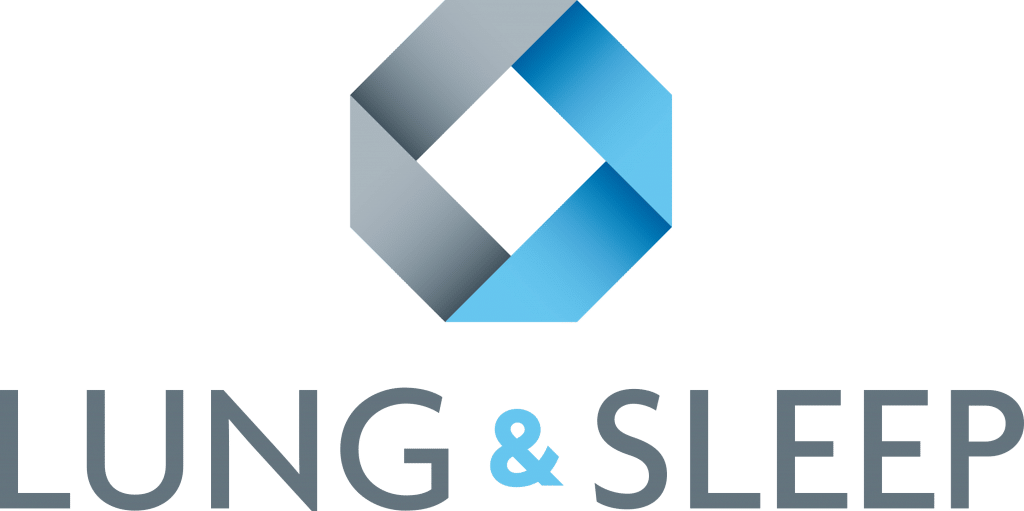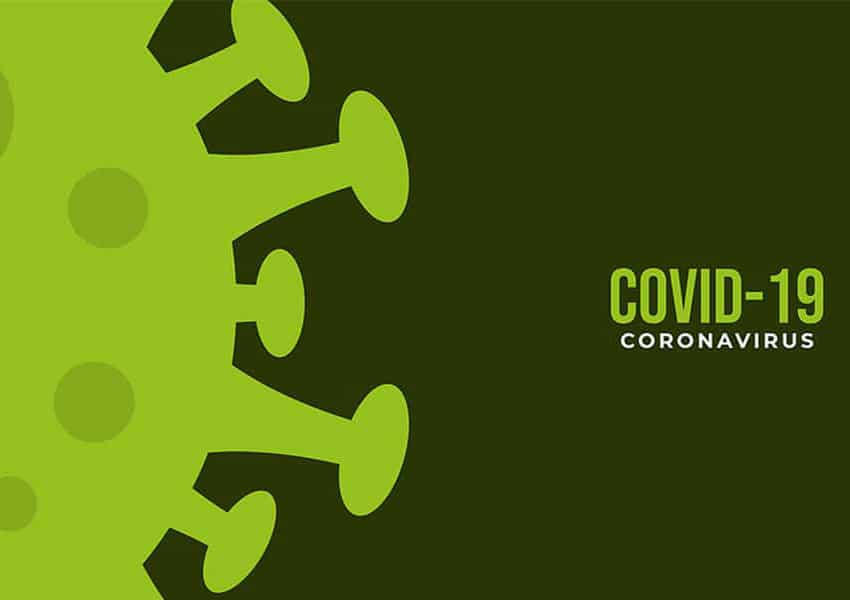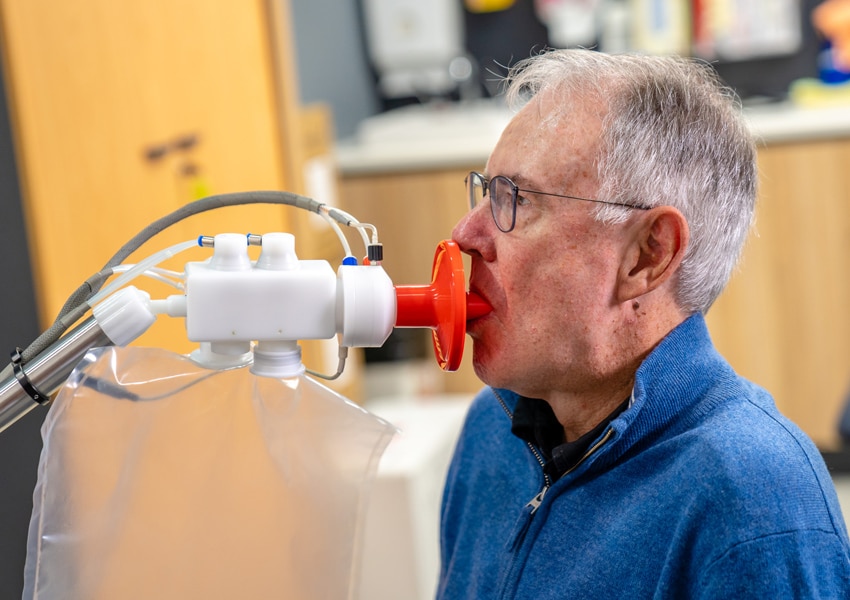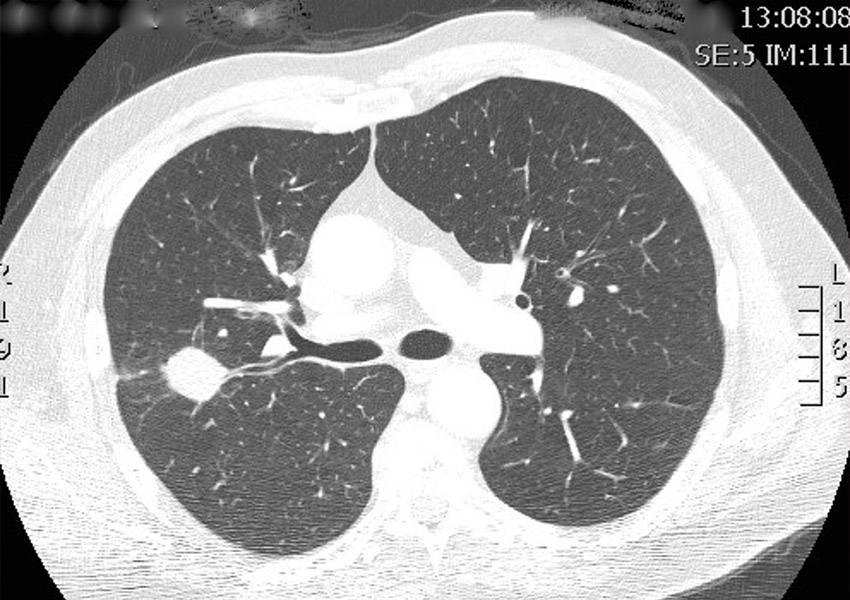What is wheeze?
A wheeze is an abnormal high-pitched breathing noise. The sound is produced by vibration of the walls of a narrowed airway. This can happen at any point from your voice box (larynx) down to the small breathing tubes in your lungs (bronchioles). When you wheeze, it is most often heard when you exhale. Wheezing may be quiet and heard only with a stethoscope, or it may be loud and heard by people around you. The noise can be very distressing and it is often associated with shortness of breath, coughing or a feeling of tightness in your chest.
What causes wheezing?
There are many possible causes for wheezing. The most common are asthma or chronic obstructive pulmonary disease (COPD, also commonly known as emphysema). These conditions typically cause narrowing of the small airways. A respiratory infection is another common cause for wheezing. This can also cause inflammation and swelling of the walls of the small airways. People often refer to this as Bronchitis. Other causes for wheezing are less common, but nonetheless important and potentially serious. These include blockages of your airway by inhaled food or foreign objects, allergic reactions causing airway swelling, or a tumour causing compression of your airway.
When to seek help?
Wheezing is never normal, and you should seek medical attention, especially if it lasts for more than a few days. Even if your wheeze only occurs occasionally and is relieved by using a Ventolin puffer, it is not normal and may be a sign that you have poorly controlled asthma or another lung disease.
If you develop a new wheeze or a tightness in your throat , along with a severe difficulty breathing, you need to call an ambulance for urgent medical attention.
How can we help you?
Our specialists at Lung and Sleep will conduct a thorough evaluation to identify the cause for your wheeze and offer personalised treatments to address the underlying problem. At Lung and Sleep, we provide the expertise and convenience of onsite Lung Function Testing.
Tests that may be required to identify the cause for your wheeze include:
- Lung function test
- Chest X-Ray and/or CT scan
- Blood tests
- Bronchoscopy where a small camera (scope) is used to look on the inside of your lungs while you are asleep






